
Skip artificial sweeteners if you’re trying to lose weight, warns the World Health Organization (WHO), noting the sugar substitutes aren’t effective for shedding pounds and may also cause harm. Long-term use of sugar substitutes may cause “potential undesirable effects,” according to new WHO guidance. This can include an “increased risk of type 2 diabetes, cardiovascular diseases, and mortality in adults,” CBS News reported. Consuming foods and beverages with ingredients like saccharin or sucralose or adding them to foods “does not confer any long-term benefit in reducing body fat in adults or children,” the WHO said after completing a systematic review. Among the artificial sweeteners WHO officials considered were acesulfame K, aspartame, advantame, cyclamates, neotame, saccharin, sucralose, stevia and stevia derivatives, according to the news report. “People need to consider other ways to reduce free sugars intake, such as consuming food with naturally occurring sugars, like fruit, or unsweetened food and beverages,” said Francesco Branca, WHO director for nutrition and food safety. Artificial sweeteners “are not essential dietary factors and have no nutritional value. People should reduce the sweetness of the diet altogether, starting early in life, to improve their health,” Branca added. These recommendations do not apply to people who already have diabetes, according to the review. That group was not included in the review. This isn’t the only time these artificial sweeteners have raised… read on > read on >












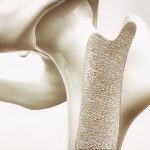
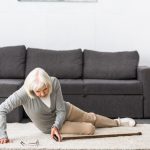
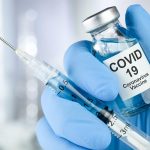
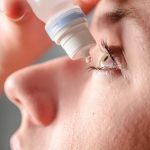


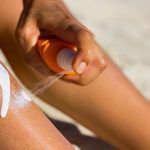








-300x200.jpg)










